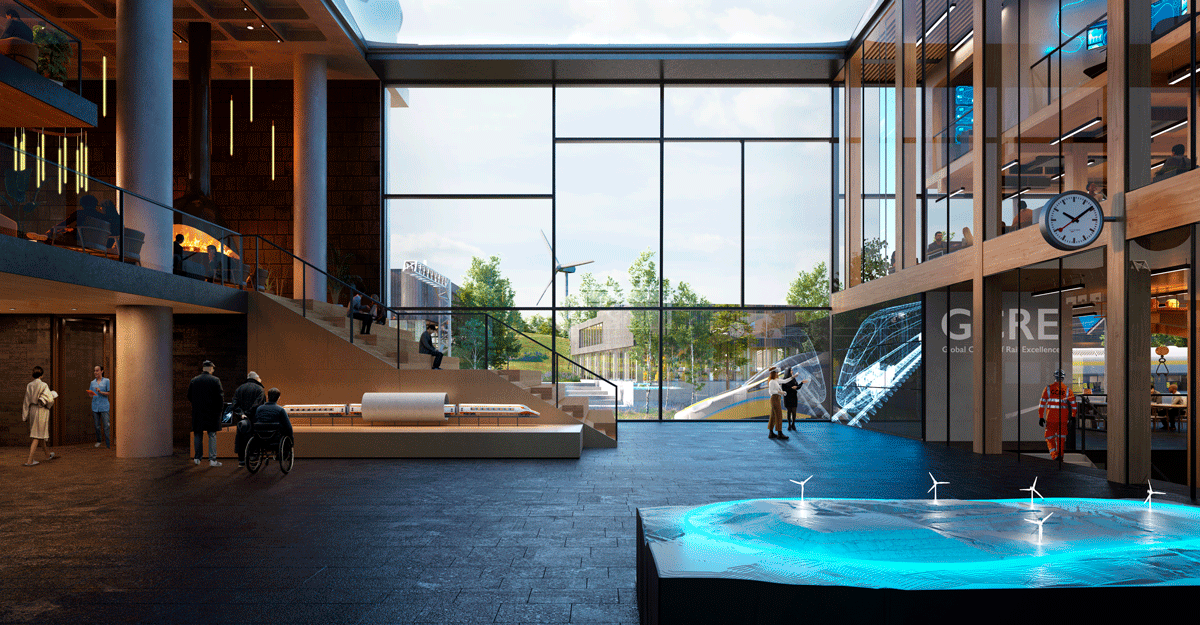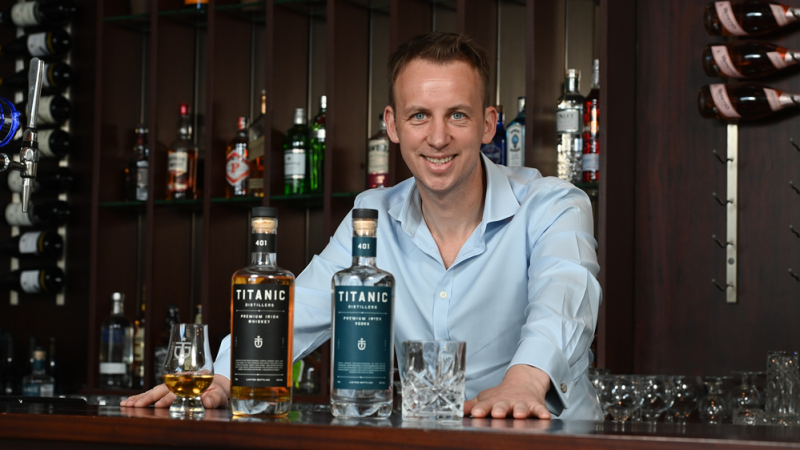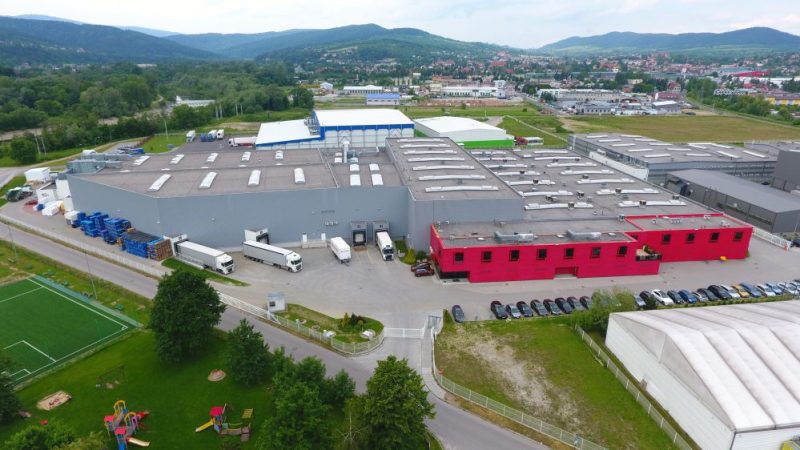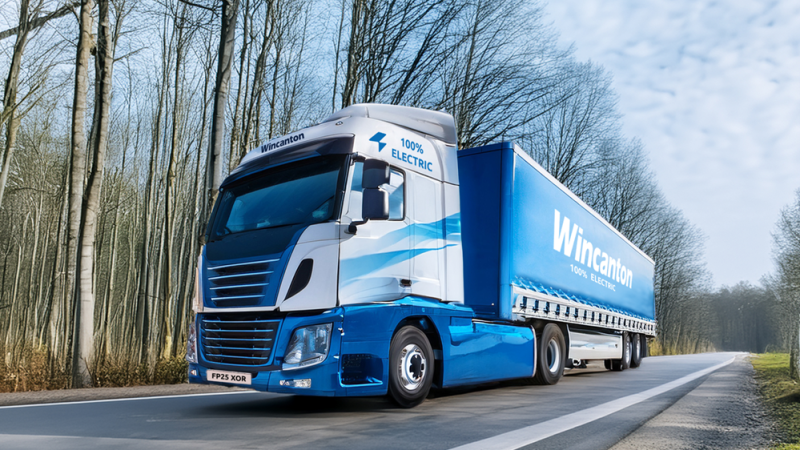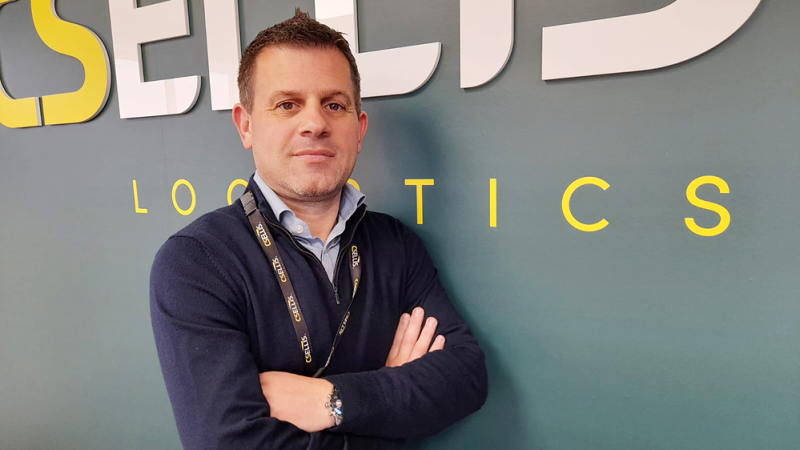GCRE started life as a local economic development project, aiming to revitalise an area of Wales that had been hit hard by 40 years of deindustrialisation. Its goals included improving public transport, and supporting railways path to net zero while making infrastructure more innovative, affordable and sustainable to build and operate.
“We are going to establish a net-zero railway that will operate from renewable energy that is generated on-site while building as much of the network as we can from recycled materials,” says Simon Jones, CEO of GCRE.
While the railway network is the lever GCRE is using, the goal is to give a boost to the entire region and its local communities.
“We want to help renew an amazing place and an amazing community. We have a responsibility to future generations to build a sustainable future, economically and in terms of the local area, supporting the rich biodiversity that is here,” Jones tells us.
To the Test
Once GCRE has been developed, the team say that it will be unique in Europe for the range and breadth of infrastructure and technology testing it will offer for rail and the wider mobility sector.
“We are going to help make transport better. We are going to be offering high-speed rolling stock testing on an electrified, 7km looped track. The UK does not have one of those at the moment,” Jones says. “People who want to carry out activities that require those facilities currently have to take their rolling stock to mainland Europe, and those facilities are over-subscribed with extensive waiting lists.”
GCRE’s innovation facility is not simply replicating what is on offer in Europe, however. It will also offer facilities for dedicated infrastructure testing, with a second, 7km electrified track loop specifically for high-tonnage loads.
“Our facility will be able to offer customers guaranteed tonnage and axle passes to support testing of their technologies,” says Jones. “Nowhere else in Europe can offer clients this range of services. Currently, infrastructure testing that requires high tonnage needs to be done on main railway lines or has to be taken to Colorado in the US.”
GCRE will also offer clients vital system integration testing, which will become even more important as railway infrastructure projects become more sophisticated and need to bring together ever more complex systems from multiple manufacturers.
“GCRE will offer a place to bring those systems together before they go into service,” Jones says. “We will also be able to offer clients the opportunity to showcase their products in a real-world railway environment, but without the constraints and restrictions of timetables and everything else that comes with an operational railway.”
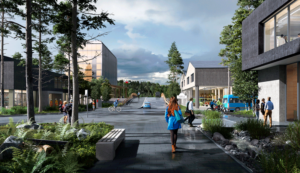 Peeling the Onion
Peeling the Onion
A facility that is capable of all this is no mean feat. Even at the planning stage, there are multiple challenges to overcome.
“It’s like peeling an onion. You deal with one set of challenges and another set reveals themselves,” Jones tells us. “That’s the nature of large, modern infrastructure projects. We knew those other layers would be there, it’s just a question of moving through them.”
Currently, GCRE is in the process of securing private funding to get the project underway. When it was originally begun in 2017, the railway landscape looked very different, HS2 was going ahead, Crossrail was under construction and interest rates were at record lows, as was inflation.
“We had a number of major infrastructure projects in development and macroeconomic factors were more conducive to securing private investment,” Jones says. “Wind the clock forward and a lot has changed. The investment landscape is much more challenging than it was when we started the project. Nevertheless, the fundamental reason for bringing this project forward has not disappeared. Rail badly needs a high-quality facility for rail research, testing and innovation and that need is quite evidently still there.”
Over the last seven years, a huge amount has been achieved by the GCRE team, including finding a 700-hectare site (the same size as Gibraltar) big enough for the planned facility, as well as obtaining planning consent. GCRE has seen some huge successes along the way.
“We have received the support of both the Wales and UK governments,” Jones points out. “It is one of a small number of projects in the last few years where both governments were completely aligned on delivering a major piece of infrastructure. That was a great moment for us.”
Part of what has made that possible is the widespread global customer interest the project has secured.
“Nearly 200 organisations in the UK, across Europe, and the world, have not only said it’s a really good idea, but that they will use it,” Jones says.
GCRE has signed memoranda of understanding with organisations from the UK, Europe and beyond.
“We are keen to work with organisations that want to help shape the services that we offer,” Jones says. “We want to hear from potential customers as soon as possible to build them into our conversations about our commercial approach.”
There is still a long way to go, but Jones is very optimistic.
“We have identified the challenges and ticked them off, and there are still more to come,” he says. “We’ve got to build this facility and get into operation. But we have a brilliant team that is more than capable of overcoming these challenges.”
Building the Team
Building that team has been a key pillar of the success GCRE has seen so far. GCRE has built relationships with organisations such as Innovate UK, who have one of their team on secondment with GCRE, as well as with the Birmingham Centre of Rail Excellence, and the universities of Cardiff and Swansea. But as well as building a team that can overcome the challenges GCRE has ahead of it, part of GCRE’s mission is to invest in the communities around it.
“We have an obligation to provide renewed hope for future generations around our site and in doing so help to develop the skills of the local population,” says Jones. “For businesses to want to establish bases here we need to offer a skilled workforce. There is both a business case and a moral imperative to train the next generation of railway research engineers, and do that in South Wales.”
GCRE has just commissioned one of the big four consultancy businesses to refresh the original economic impact analysis carried out for the project. This has identified that the GCRE testing facility has the potential to create 1,100 jobs over the next decade.
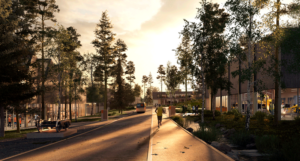 An Economic Strength
An Economic Strength
It could not come at a better time. Near the proposed site for the testing facility, Tata Steel has just announced 2,800 redundances over the next year and beyond. It will be a massive blow to the local community.
“The jobs at GCRE will not be created from day one,” Jones cautions. “We are not a silver bullet for the problems the Tata closure creates, but we are a part of the long-term answer to rebuilding local prosperity in the community and the wider region.”
But while GCRE is working to create the next generation of skilled labour, it also values the team it has and its commitment to its goals.
“People want to work for us because they support our mission. It captures people’s imaginations,” Jones says.
That mission will not only yield benefits for the Welsh communities around the testing facility, but it is also a chance to launch a flagship for a national industry.
“Every country in the world is looking at the future of their economy and asking where their unique strengths are,” Jones observes. “GCRE offers the UK a way to develop its unique strengths and to become a global leader in rail innovation. That will be possible because we will have a facility nobody else in Europe, and arguably the world will have. The UK can develop an industrial strength in rail innovation that is unique, just as we have with aerospace and financial services. The UK can lead the world in this sector as an economic strength for the future.”
